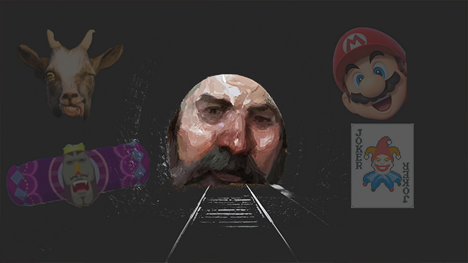The devs behind Relic Hunters Legend want to showcase the best of Brazilian game dev
Lead narrative designer Pedro Falcão explains the action shooter's style and atmosphere help cast a light on a side of Brazil not often seen in media.
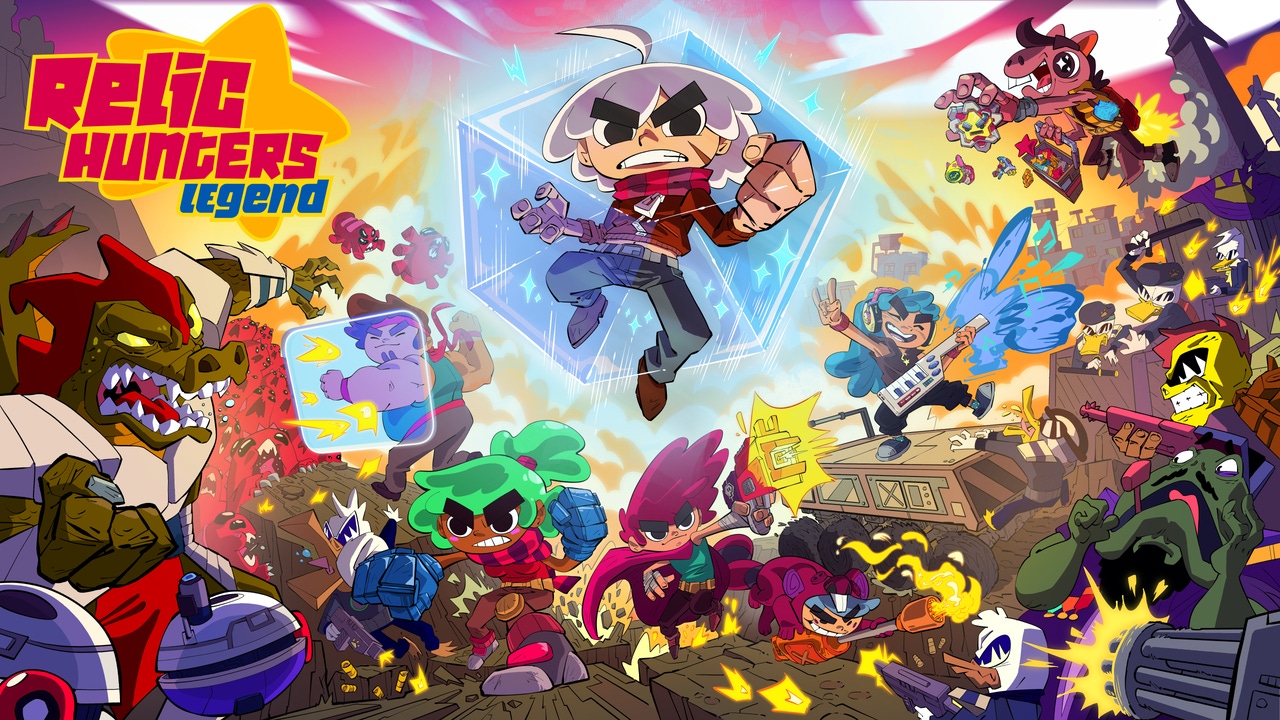
The Brazilian gaming community has grown significantly in recent decades, and it's now one of the largest video game markets in the world. With that, more game developers have grown across Brazil, releasing well-received titles like Dandara, Dodgeball Academia, and Chroma Squad as recent standouts. For developer Rogue Snail, which launched Relic Hunters Legend into Early Access, they view the release of their ambitious action RPG shooter as a statement for the growing Brazilian game dev community and an opportunity for the global audience to see more of Brazil's impact on gaming.
We spoke with lead narrative designer Pedro Falcão from Rogue Snail about work on Relic Hunters Legends, which Gearbox Publishing released. Along with breaking down its stylized Saturday morning cartoon aesthetic, which pulls from diverse Brazilian communities, he also explains the action shooter's style and atmosphere help cast a light on a side of Brazil not often seen in media.
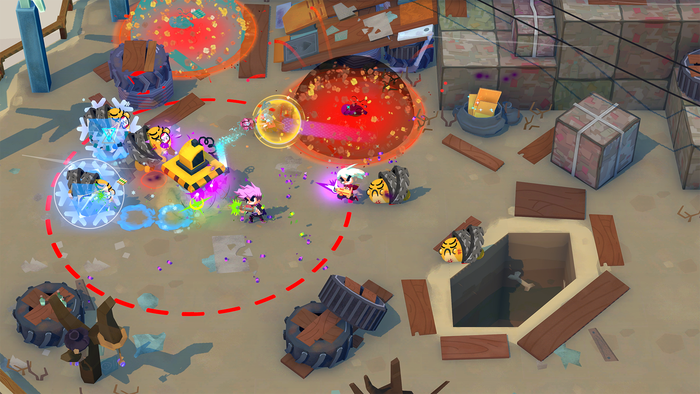
Image via developer Rogue Snail.
Bringing a new game to life
Relic Hunters Legend is the largest game the studio has made, and it's a culmination of years of work with the Relic Hunters franchise. Following the success of the free-to-play shooter Relic Hunters Zero, the developers at Rogue Snail took to Kickstarter for crowdfunding on Relic Hunters Legend in 2017. During the several years of development, the Relic Hunters franchise grew with a remaster of the original game, a Netflix-exclusive bullet hell spin-off title, Relic Hunters Rebels, and animated shorts showcasing the cast of characters in the stylized action series.
However, the road to making Relic Hunters Legend in recent years was challenging. Following the onset of the COVID-19 Pandemic, game developers worldwide faced many challenges – most especially developers in Brazil. Now as a fully remote dev studio with its key staff in Brazil, Rogue Snail has grown from a modest team of creatives coming together to a studio of over 50, made of Brazilian devs and international creatives, allowing the team to take on more ambitious concepts.
"Brazilians are some of the most hard-working and ingenious people that I have ever met, and the increased development of our industry in the last five years or so—even through challenging times and in an industry that is as innovative and high-demanding of expertise such as video games—is a testament to that," said Falcão about the challenges of game development and delivering a game to a global audience.
"I honestly believe the best Brazilian games ever made have come in the recent years: Dandara, Celeste (which is at least half Brazilian-made), Blazing Chrome, Dodgeball Academia, Unsighted, and so much more," he continued. "We believe that Relic Hunters Legend, with its scope of content and gameplay complexity, moves the needle even further ahead, and shows that the Brazilian industry competes at the same level as those in other markets that have a longer history, having been built-out over a longer period of time—and we're proud of it."
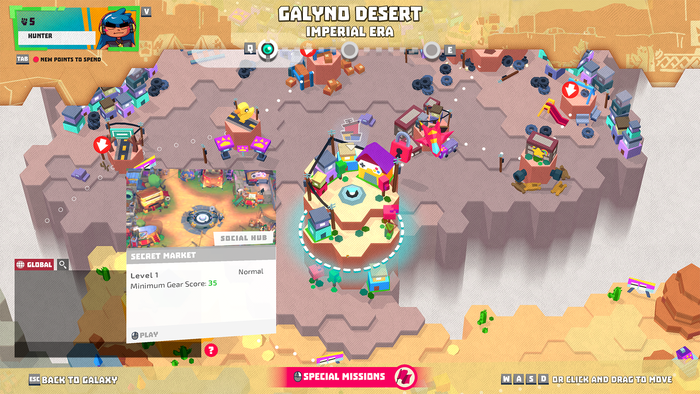
Image via developer Rogue Snail.
Showcasing culture through story and gameplay
Relic Hunters Legend builds upon the scope of the world set by previous games, but leans more into leveling your characters, acquiring loot, and exploring a sprawling, story-driven world with other players. Given its scope and humble beginnings as a free-to-play mobile, is a Legend massive jump from the original game. The game also emphasizes style and its plucky cast of characters, which is a way to show off a different take on an action-adventure game and an opportunity to showcase a certain style that can only come from Brazilian creatives.
According to Falcão, many aspects of the game's style and tone are pulled from real-world locations and the culture of Brazil. For instance, Relic Hunter Legend's social hub called the Secret Market, where players can explore a town filled with characters and other players, is inspired by Rio de Janeiro' Favela Santa Marta, a sprawling residential housing area with makeshift football courts and bars with arcades.
"The whole team being Brazilian, it was just natural for us to use our personal references on levels, enemies, characters, and stories to convey a certain "Brazilianness" to the game—this Brazilianness comes in all sorts of forms," said Falcão about bringing the team's culture into the game. "Narratively, we have characters that are dreamers, sweet talkers, and eternal optimists, even though they don't have a penny to their name; stories and dialogues inspired by real people we know and love in our neighborhoods."
That aspect of character storytelling is prominent with one of the central protagonists, Ace, who Falcão believes best embodies the archetype of the "malandro." In Brazilian culture, a "malandro" is a type of persona that is best described as roguish and streetwise, a moniker particularly given to the outgoing yet aloof. According to Falcão, that persona usually carries a negative connotation, but to the developers, it's an endearing facet of the plucky and charismatic crew of characters that players can interact with in Relic Hunters Legend, another piece of Brazil that they wanted to have in their game.
"A lot of Brazilians feel that being "malandro" is something bad, that you're sleazy, lazy, and an opportunist, but we see that in a different way," he said. "A malandro is a person whose life gives them lemons, and they make the best damn lemonade you ever tasted in your life, and they'll sell it to you for half the price, you think it's a steal, but later on, you find they used bathtub water to make that lemonade—and you'll still think it's delicious. It's that person I was talking about earlier. Someone who, in spite of all the adversities in life, always carries a grin on their face. Someone who's ingenious, but not necessarily seen as book smart, but they lead a happy life that way."
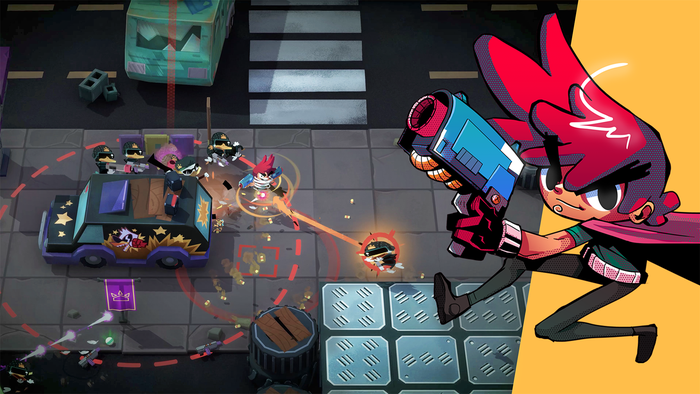
Image via developer Rogue Snail.
Taking a series further
To Rogue Snail, the Relic Hunters Legend is just the start of larger plans for the game and franchise. Following the release in early access, the developers have been taking in feedback to refine the game further all the way to its eventual 1.0 release in the future. Speaking with Falcão, he noted that fans and the community that has been built around the Relic Hunters series is made up of players from all over the world, and that's a point of pride for the development team.
"It's been quite a journey so far to see the development of Relic Hunters Legend, and Rogue Snail. The studio started with three friends making a game jam top-down shooter, which became Relic Hunters Zero, and after a million downloads and being played by tons of people, we knew there was something special about this universe and these characters. We knew we had to aim high to create a game that could properly expand the universe, a game that our community could finally play with their friends online, and tell deeper stories that would flesh out these characters and show their motivations and flaws. After six years of development, we're a 50-person company and we're incredibly happy with what the game came to be, or it is still becoming during this Early Access launch."
"It still feels a bit surreal to see people playing Relic Hunters Legend, falling in love with the story and the music while having fun with their friends, but we also still feel that the job's not done yet," he continued. "We are really committed to listening to our community's feedback and learning as much as we can during this Early Access period so we can have the best game possible for the final 1.0 launch."
Read more about:
FeaturesAbout the Author(s)
You May Also Like


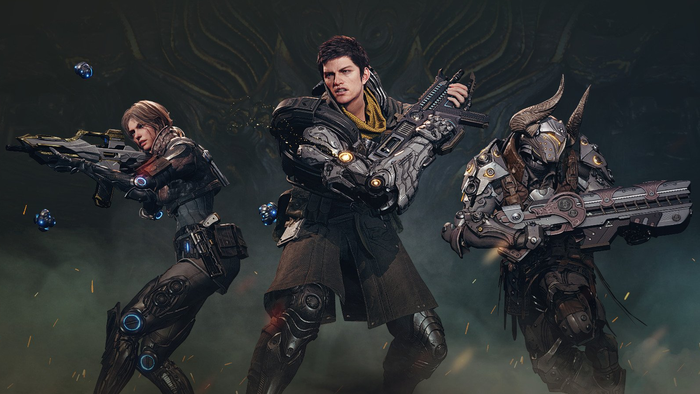
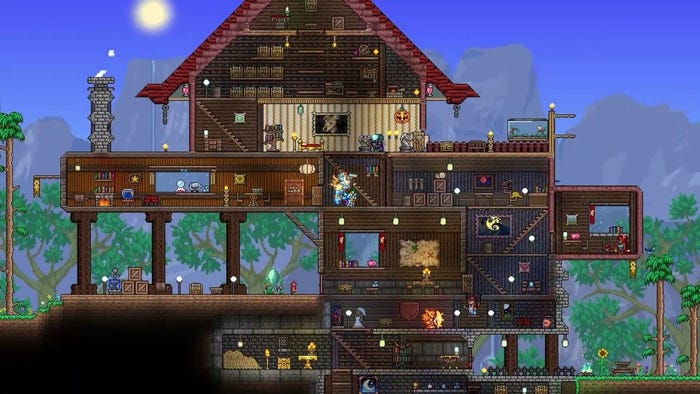
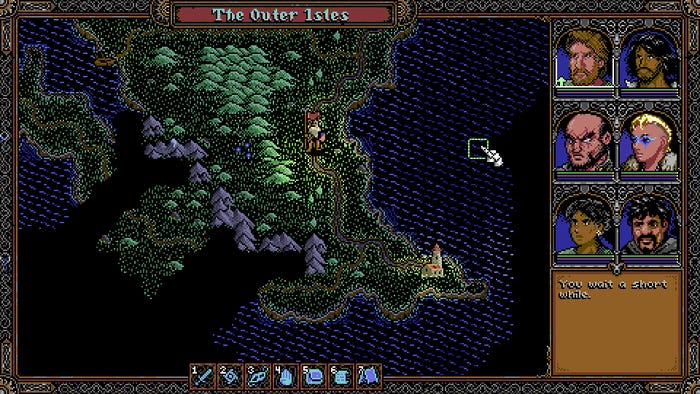
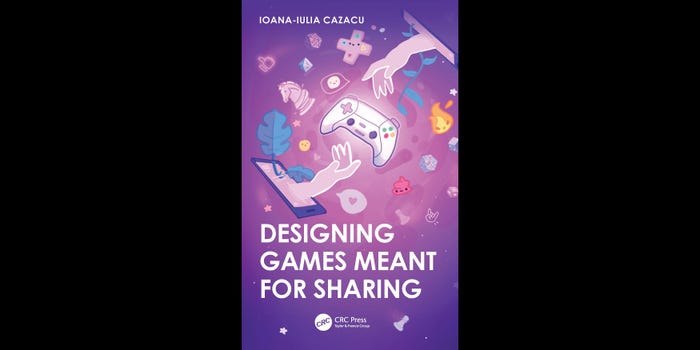

.jpeg?width=700&auto=webp&quality=80&disable=upscale)


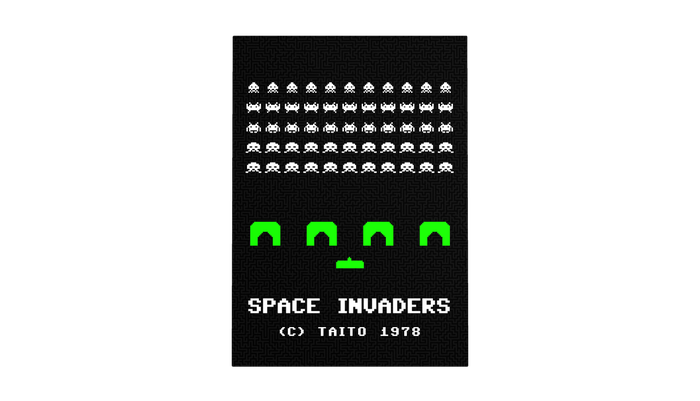
.jpg?width=700&auto=webp&quality=80&disable=upscale)
